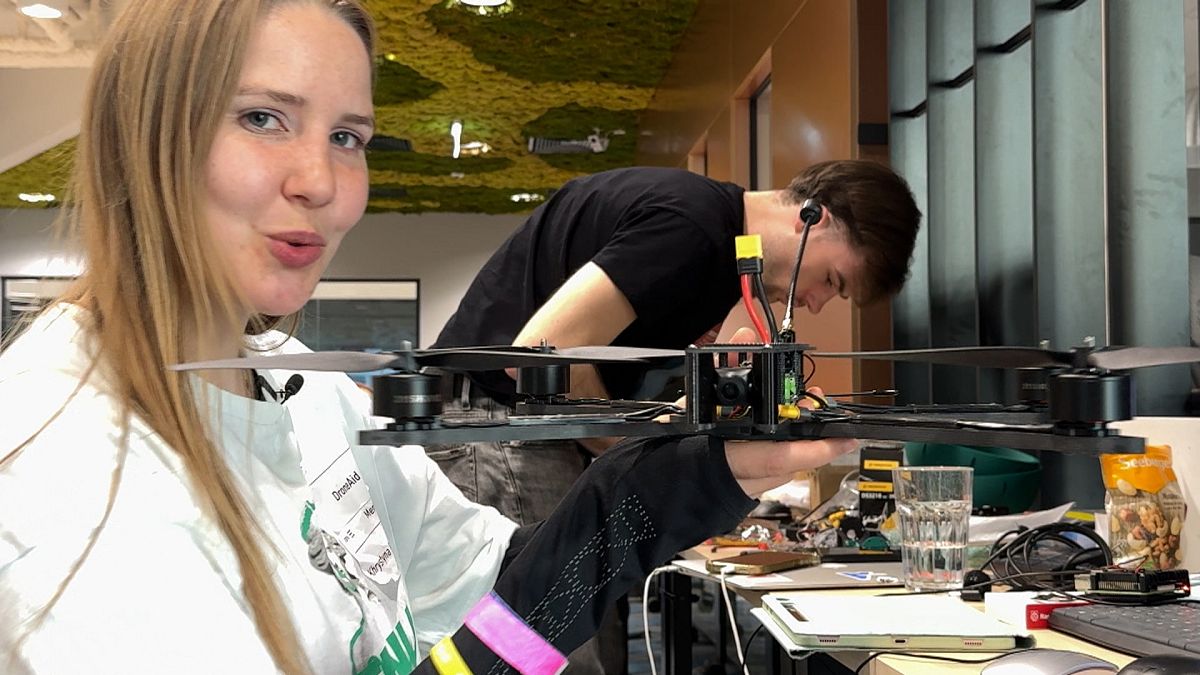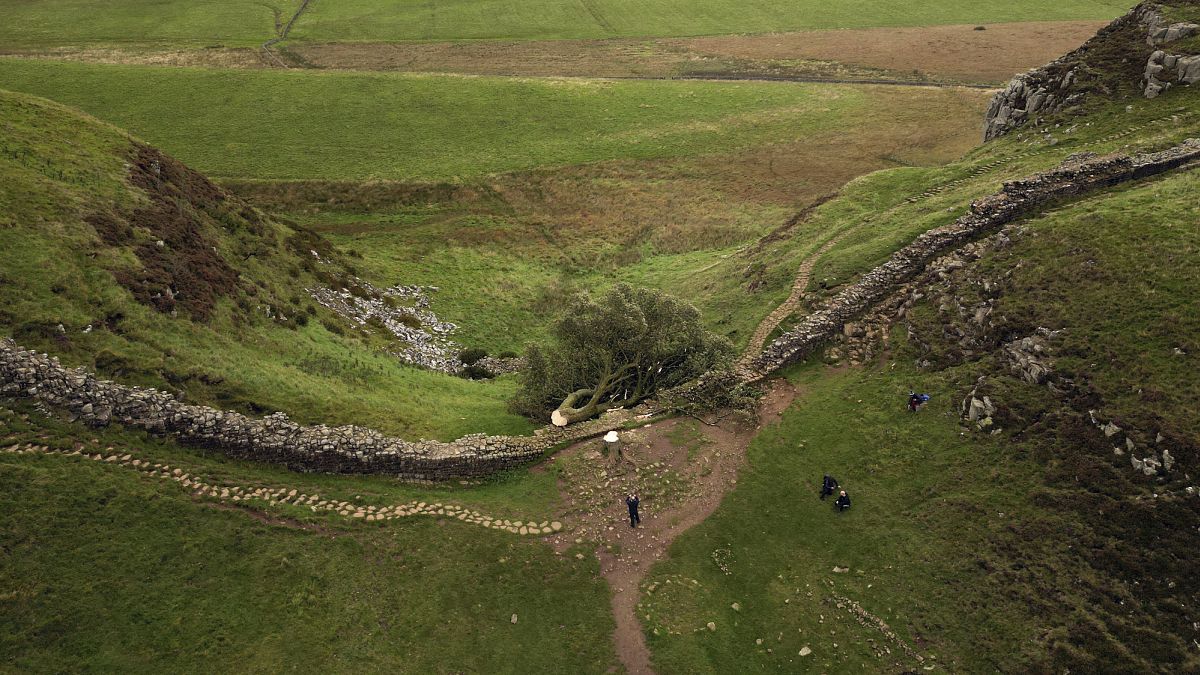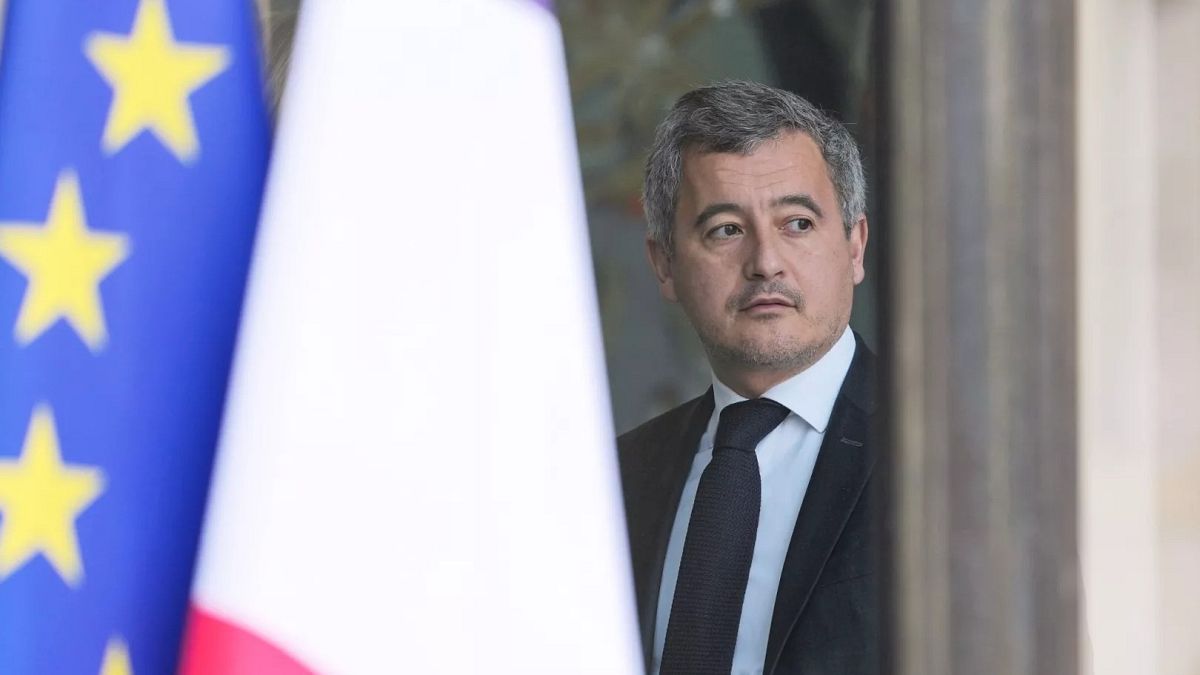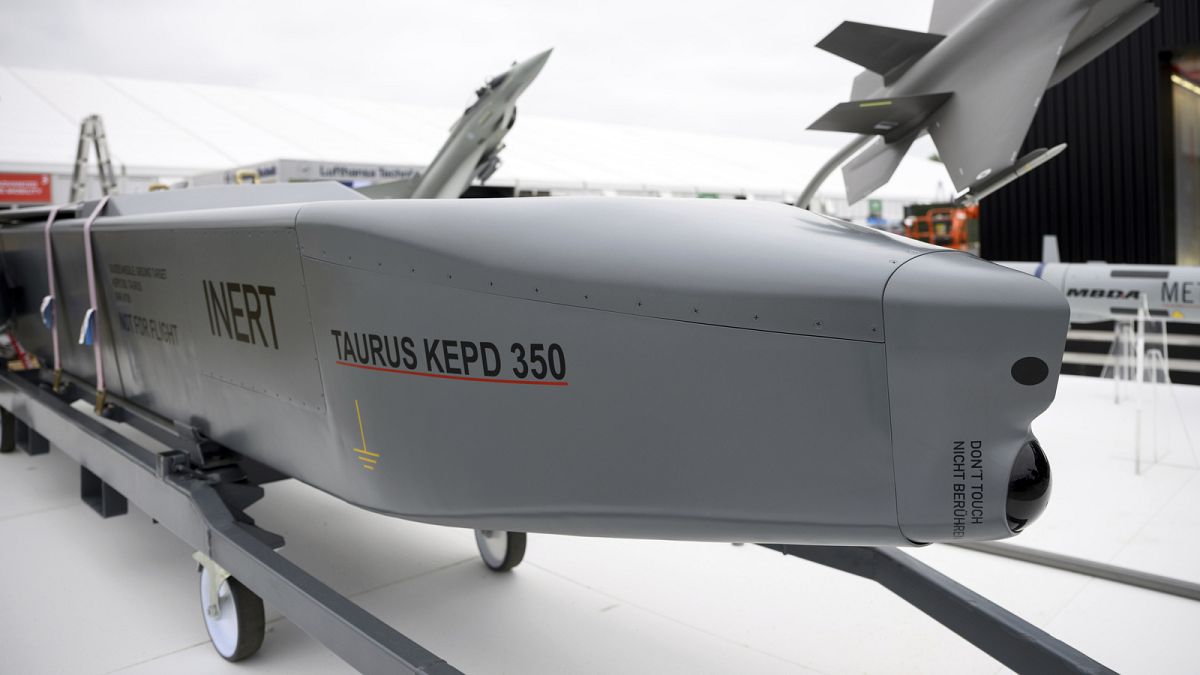European armies are increasingly relying on what are referred to as emerging and disruptive technologies to improve their performance, protect themselves better and weaken their enemies.
One of the most important of these technologies is artificial intelligence, which is capable of analysing vast data sets to anticipate threats and enable rapid decision-making. Another promising field is robotics, with the development of autonomous systems such as transport robots, and mainly drones. Hypersonic weapons, advanced materials, and quantum technologies are also opening up major opportunities.
Our reporter Valérie Gauriat went to Poland, which has made defence a priority during its rotating presidency of the European Union. Like many other member states, the country is exploring the promise of emerging technologies applied to defence.
In Warsaw, a recent ‘Hackathon’ brought together approximately 200 developers from across Europe to design defence-related technology projects in 24 hours.
“We are building a defence innovation network to inspire young people to work on life-saving solutions and address urgent security challenges,” explains Benjamin Wolba, co-founder of the European Defence Tech Hub network, co-organiser of the event.
“Europe must wake up; we need to have the means to defend ourselves,” he insists.
The projects presented by multinational teams include a system based on software-defined radios to locate enemy positions, or an initiative combining phage therapy with AI to rapidly treat antibiotic-resistant infections in soldiers.
Ukrainian students created an autonomous spherical robot for offensive missions, as well as visually guided munitions to target enemy positions more precisely.
“Europe must turn to autonomous systems, because they are the future”, emphasises Illya, who specialises in computer vision. “This is how we can save lives in the event of war. Robots will fight, not people.”
For these young engineers, the challenge goes beyond simple technological prowess. “We have expertise in systems engineering, navigation, and computer vision, but above all, this initiative echoes our values,” explains João, member of a Portuguese team that came to present a navigation system using artificial intelligence to locate drones in the absence of GPS. “We are fighting for what we believe in: our freedom as Europeans.”
Technological advances also pose new challenges: cyberattacks, the vulnerability of energy infrastructure, and disruptions to space capabilities are all threats that have become real, emphasises Federica Valente, Head of Innovation at the European Defence Agency. Europe must speed up adoption of these technologies to address these dangers, she says.
And it must also make up for lost time on the financial front. The fragmented of investment between Member States, the persistent gap between civilian and military technologies, and the lack of access to capital for defence startups are some of the obstacles that need to be overcome, she explains. “We really need to coordinate and channel investment into innovative action in defence,” concludes Valente.













